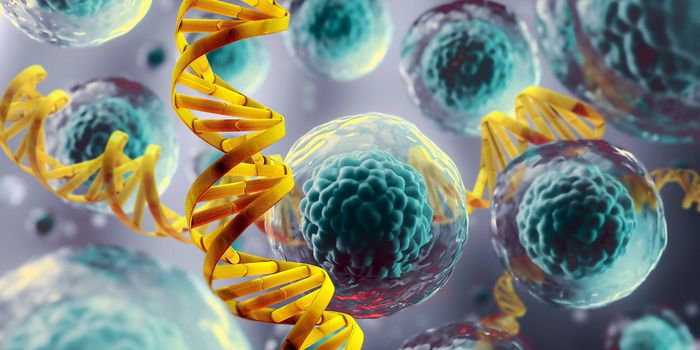The Labroots 2022 Genetics & Genomics Virtual Event Poster Winner: Leveraging STR detection via STRling to identify possible pathogenic variants
Labroots’ virtual events are a fantastic way to network and learn about others’ work. These events feature participants from around the world who can display their research for free in a poster format. At this year’s Genetics & Genomics virtual event, Labroots highlighted an exceptional study involving short tandem repeats in detecting and identifying pathogenic variants with an award. This incredible work comes from Laurel Hiatt, a MD/PhD student and member of the Quinlan Lab at the University of Utah School of Medicine, and colleagues.
Laurel Hiatt’s love of genetics sprouted at an early age and its roots have only deepened over time. Prior to attending the University of Utah, Laurel graduated summa cum laude (3.9-4.0 GPA) from the University of Georgia with a Bachelor of Science in Biochemistry and Molecular Biology. Laurel says this cemented their appreciation for the teeny tiny things that make us, us.
“I’m really fortunate to be in the Quinlan Lab, which is a computational genomics lab at the University of Utah,” says Hiatt. “Our team's research, as shown by this poster and the other projects we’re involved with at our university and beyond, combines bioinformatics tools with genomics data in a way that provides opportunities for improved clinical diagnostics and management.” Hiatt’s poster research focused on short tandem repeats (STRs), which are short repeated sequences of DNA that account for approximately 3% of the human genome, and how they can be leveraged to identify pathogenic variants. To Hiatt, the most meaningful result of their project is identifying next steps in facilitating genetic diagnostics based on patient cases and “big data” sequencing data sets.
“This is less of a conclusive project and more of a strategy to identify ways we can add nuance and sophistication to analyzing and interpreting STR data, which is and for a long time will likely be, a complex problem to solve.” Hiatt said.
Hiatt wishes to highlight the phenomenal guidance, mentorship, and research capabilities of his post-doctoral mentor, Dr. Harriet Dashnow. To Hiatt, Dr. Dashnow has been incredibly welcoming in inviting him into the world of STRs, as well as the realm of computational biology. Hiatt says he feels incredibly lucky to have Dr. Dashnow as a mentor in the lab and will always be grateful for their collaborations and friendship.
See our Call for Posters and learn how to submit a poster for free to one of our upcoming 2022 Virtual Events here.









